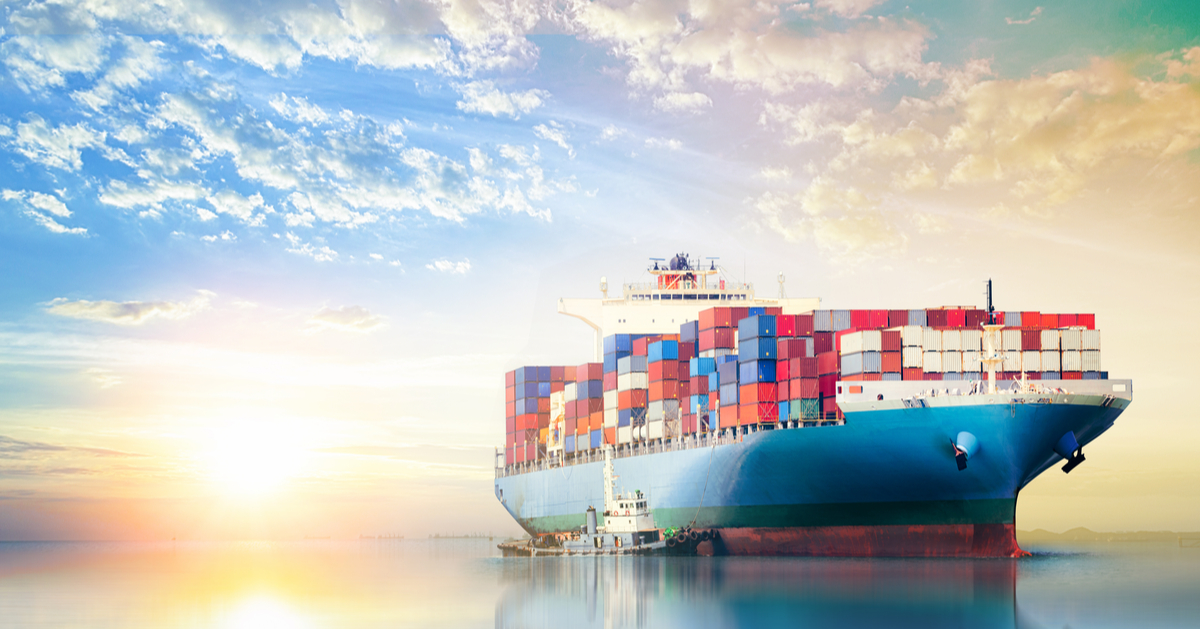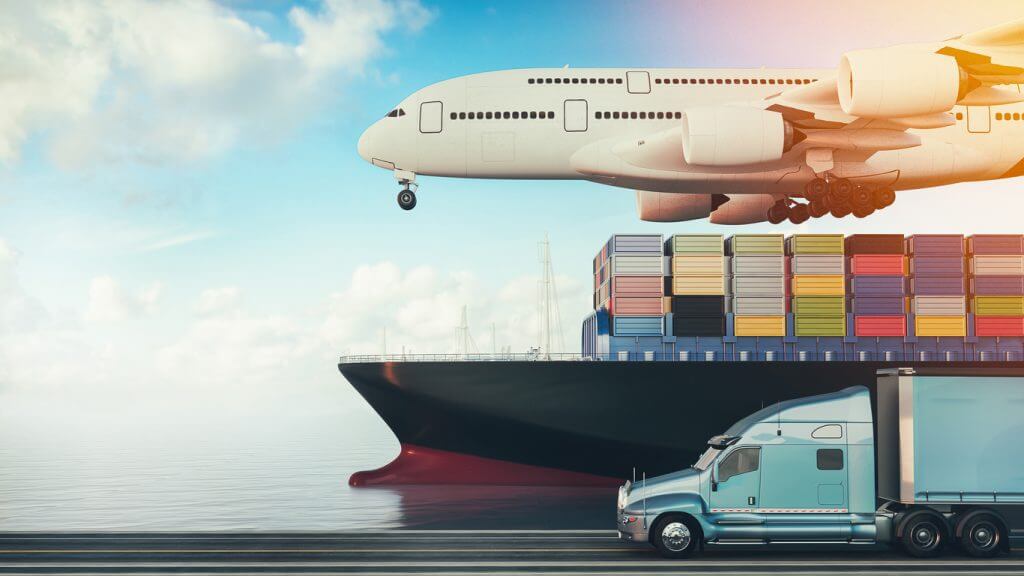How does an international freight forwarder handle the complex customs clearance and customs duties procedures for goods?
International freight forwarding companies play a vital role in the ocean freight shipping and air freight sectors, especially in handling cargo clearance and customs duties procedures. Facing the complex international trade environment and customs regulations of different countries, freight forwarding companies must have professional knowledge and efficient operations to ensure smooth customs clearance of goods and compliance with relevant tariff procedures. This article will take an in-depth look at how international freight forwarders handle complex cargo clearance and tariff procedures to improve the efficiency and reliability of cargo transportation.
Ocean freight shipping customs clearance process
1. Pre-inspection of goods and preparation of documents: Before shipment, the freight forwarding company will conduct pre-inspection of the goods to ensure that the goods meet the import requirements of the destination country. At the same time, they will prepare necessary documents, such as bills of lading, invoices, packing lists, etc., for customs review and verification.
2. Customs declaration and review: The freight forwarding company will declare the cargo information in accordance with the customs requirements of the destination country, including the name, quantity, value and other information of the cargo. Customs will review the declared goods to ensure consistency and accuracy with the declaration documents.
3. Pay duties and taxes: According to the tariff policy of the destination country, the freight forwarding company will calculate the duties and taxes payable and complete the payment before customs releases. They need to understand the tariff rates and preferential policies of the destination country to minimize tariff costs.
4. Complete customs release procedures: After customs review and payment of duties and taxes, ocean freight shipping goods will receive a release permit and can be transported and delivered. The freight forwarding company is responsible for communicating with the customs to ensure the smooth completion of release procedures.

Air freight customs clearance process
1. Preparation and declaration in advance: Similar to ocean freight shipping, freight forwarding companies will prepare necessary documents and declaration information in advance before shipment of goods. Since air freight is faster, they need to prepare and submit customs clearance documents as early as possible to ensure that the goods arrive at the destination in time.
2. Fast approval and release: air freight cargo is usually urgent, so the freight forwarding company will speed up the customs clearance process as much as possible. They maintain close contact with customs to ensure that declaration information is accurate to facilitate rapid approval and release.
3. Coordinate transportation arrangements: Freight forwarding companies need to coordinate air freight flights and cargo stowage arrangements to ensure that the goods arrive at the destination in the shortest possible time. They work closely with partners such as airlines and logistics centers to ensure smooth cargo transportation.
4. Handling emergencies: When faced with emergencies or emergencies, freight forwarding companies need to respond quickly and coordinate with relevant departments to solve the problem to ensure that cargo transportation is not affected. They need to flexibly respond to various situations to ensure the safety and smooth transportation of goods.

Strategies for dealing with complex procedures
1. In-depth understanding of customs regulations: Freight forwarding companies need to continuously learn and understand changes in customs regulations and policies of various countries to cope with complex customs clearance procedures. They need to establish a strong regulatory team and update their knowledge and skills in a timely manner to ensure the accuracy and compliance of customs clearance work.
2. Strengthen information technology support: To deal with complex customs clearance and tariff procedures, freight forwarding companies need to use advanced information technology tools, such as electronic declaration systems, data analysis software, etc., to improve operational efficiency and accuracy. They can simplify processes, optimize resource allocation, and improve customs clearance efficiency through digital means.
3. Establish good cooperative relationships: Freight forwarding companies need to establish good cooperative relationships with customs, airlines, freight forwarders and other parties to jointly deal with complex customs clearance and tariff procedures. They can improve the transparency and efficiency of the customs clearance process through resource sharing and information exchange among partners.
4. Customized service plans: Based on the needs of different customers and goods, freight forwarding companies can provide customized customs clearance and tariff service plans, including optimizing customs declaration processes, providing tariff consultation, and assisting in risk management. They can provide personalized solutions to meet customer needs based on their needs and characteristics.
In the context of increasingly complex international trade, freight forwarding companies are faced with the challenge of handling complex cargo clearance and tariff procedures. They need to have an in-depth understanding of the customs regulations of various countries, strengthen information technology support, establish good cooperative relationships, and provide customized service solutions to cope with transportation needs in complex environments. Through unremitting efforts and continuous innovation, freight forwarding companies will continue to play an important role in promoting the global flow of goods and economic development.




